August may be National Water Quality Month, but the Clackamas Soil and Water Conservation District works on water quality issues all year long!
Water is a valuable and necessary resource for all of us who live, work, learn, and play in Clackamas County. Our county is home to many rivers, lakes, and streams. Our thriving agricultural and tourism industry depends on our abundant and beautiful water resources.
We Work to Protect Water Quality in Urban and Rural Areas
The Clackamas SWCD works with landowners, organizations, and agency partners to protect and restore the quality of surface and groundwater. Efforts we all make today assure future supplies of water for people, plants, and animals.
Our conservation specialists offer free technical assistance on a wide variety of conservation practices that affect water quality. Some practices used in urban areas include rain gardens and bioswales. These help clean water by allowing it to infiltrate into the soil and replenish groundwater.
Practices in rural or agricultural areas include mud and manure management. This can keep bacteria from contaminating a waterway or well. (Check out our horse pasture, mud, and manure video series here!) Another practice includes streamside planting which can stabilize stream banks and shade the water. Planting field borders and between-row cover crops are other practices that can keep the soil in the field instead of eroding into a stream. (Check out our erosion video series here!)
Landowners who raise livestock, and the people who live downstream from them, benefit from our many workshops. These workshops give people the skills to better manage their farm operations or home sites. Better management can reduce water pollution or destruction of valuable fish and wildlife habitat.
The Molalla River Drinking Water Project
Using National Water Quality Initiative (NWQI) grant dollars from the Natural Resources Conservation Service (NRCS), Clackamas SWCD is working to protect drinking water quality in the Molalla River Watershed. This watershed provides water to residents in Colton, Molalla, and Canby.
The Molalla River Drinking Water Project uses input collected from the public, land managers, agencies, and community organizations to tell the story of drinking water quality in the Molalla Watershed. The District has collected historical and current data on the watershed. It has also held two presentation and listening sessions for members of the public. Videos of these presentations can be found on the Molalla River Drinking Water Project website. A draft final report outlining where work is needed within the watershed can be found there as well. This report will also help the District decide where it should invest resources to make the biggest difference for drinking water source quality protection and improvement.
Septic System Repair and Replacement Loan Program
One of the ways the District helps to protect water quality is by offering a Septic System Repair Loan Program. This program is available to residents within our service area (Clackamas County). An increasingly common source of water contamination is old septic systems that are wearing out or leaking. These failing systems can become a serious public health and water quality concern. This is especially true for the many people who receive their drinking water from the Clackamas and Molalla Rivers. (This very popular program is currently unavailable pending the hiring of our new Conservation Investments Coordinator.)
Pesticide Collection Events
In collaboration with our partners, the District has hosted several pesticide collection events. Since 2007, the total quantity of pesticides collected at events held in Clackamas County equals 174,705 pounds. That is just slightly more than 87 tons! Any time we can remove old, restricted, or unusable pesticides from the watershed, we are safer from accidental spills that reach water.
Celebrate Water Quality Month
Here’s a short list of things that we can all do to help preserve water quality:
- Refrain from using antibacterial soaps or cleaning products
- Keep paint and other hazardous waste out of storm drains
- Properly dispose of pet waste
- Cover manure piles during the rainy season
- Maintain vegetative buffers along stream sides, livestock enclosures, and agricultural fields
- Don’t flush unused or expired medications — take them to a free drop-off instead
- Choose natural home and yard care
- Explore the use of permeable pavements
- Reduce use of pesticide and chemical fertilizers
- Fix leaks that drip from cars, equipment, or other vehicles
- Participate in a clean-up event with your local watershed council
Learn More!
Are you interested in learning how you can help preserve or restore water quality on your property? If so, contact the Clackamas Soil and Water Conservation District at 503-210-6000. We are happy to provide additional information.
You can also follow us on Facebook to receive a wide variety of useful conservation related news. You can also subscribe to our monthly newsletter by using the link at the bottom of this web page.







